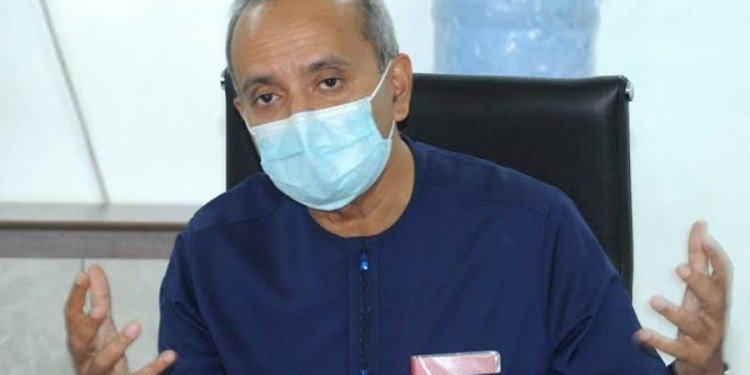World Bank Group Evidence to Lift Poverty Out Nigeria
The World Bank Group has urged that deep structural reforms guided by evidence are urgently needed to lift millions of Nigerians out of poverty, warning that just 17% of Nigerian workers hold the wage jobs best able to lift people out of poverty.
This was disclosed in a World Bank report titled, “A Better Future for All Nigerians: Nigeria Poverty Assessment 2022”
Shubham Chaudhuri, World Bank Country Director for Nigeria urged that implementing pro-poor initiatives requires unlocking fiscal space; reforming expensive subsidies, will be essential, alongside countervailing measures to protect the poor.
World Bank Warning
The Bank warned that Nigeria is currently facing sluggish growth, low human capital, labour market weaknesses, and exposure to shocks, which is holding Nigeria’s poverty reduction back.
The report represents the culmination of the World Bank’s engagement on poverty- and inequality-relevant data and analytics in Nigeria in the past two years.
It draws primarily on the 2018/19 Nigerian Living Standards Survey (NLSS), which provided Nigeria’s first official poverty numbers in almost a decade, as well as the Nigeria COVID-19 National Longitudinal Phone Survey (NLPS). These surveys were implemented by Nigeria’s National Bureau of Statistics (NBS) in collaboration with the World Bank.
According to the report, which brings together the latest evidence on the profile and drivers of poverty in Nigeria, as many as 4 in 10 Nigerians live below the national poverty line.
“Many Nigerians – especially in the country’s north – also lack education and access to basic infrastructure, such as electricity, safe drinking water, and improved sanitation.
“The report further notes that jobs do not translate Nigerians’ hard work into an exit from poverty, as most workers are engaged in small-scale household farm and non-farm enterprises; just 17 percent of Nigerian workers hold the wage jobs best able to lift people out of poverty,” the report stated.
Chaudhuri said: “It is clear that much needs to be done to help lift millions of Nigerians out of poverty, including boosting health and education, bolstering productive jobs, and expanding social protection.

“Yet implementing pro-poor initiatives requires unlocking fiscal space; reforming expensive subsidies – including fuel subsidies – will be essential, alongside countervailing measures to protect the poor as reforms are effected.”
It urged three types of deep, long-term reforms to foster and sustain pro-poor growth and raise Nigerians out of poverty.
“These reforms together could help diversify the economy, invigorate structural transformation, create good, productive jobs, and support social protection programs as well as other redistributive government policies.
“These reforms are urgent as Nigeria’s population continues to grow; now is the time to ensure that the country seizes the promise of its young people for economic prosperity. It adds that shaping the specifics of Nigeria’s poverty-reducing policies will depend strongly on redoubling efforts to gather and analyze data regularly,” it said.
In the last Nigerian Living Standards Survey (NLSS) report released by the NBS covering the year 2019, 40.1% of Nigerians are classified as poor by national standards. The number of Nigerians that are poor have been estimated to be 82.9 million,
According to NBS, on average, 4 out of 10 individuals in Nigeria has real per capita expenditures below N137,430 per year, which translates to N376.5 per day.




